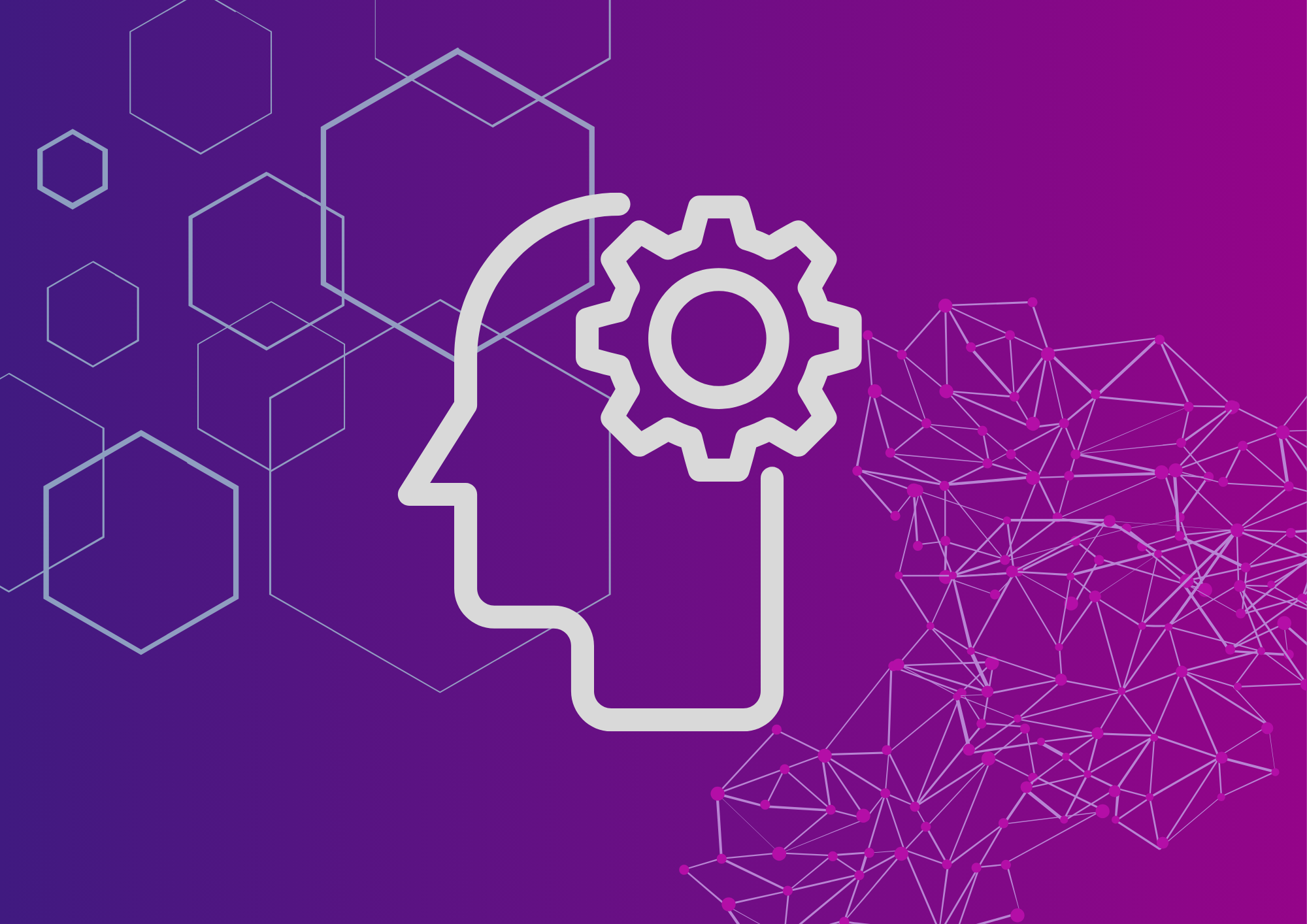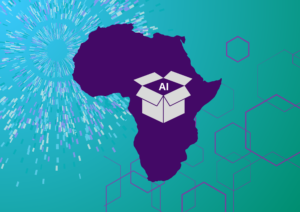Insights from the Datasphere Initiative at the Global AI Summit for Africa
The Global AI Summit for Africa brought together a dynamic community of leaders, innovators, and visionaries committed to shaping the continent’s digital future. Among them was the Datasphere Initiative, contributing to discussions on how agile and adaptive data governance tools, particularly regulatory sandboxes, are central to building a trustworthy, inclusive, and locally relevant AI ecosystem for Africa.
A shared vision for responsible innovation
The summit began with a powerful message: Africa is not waiting to catch up—it’s stepping forward with intention. Rwanda’s Minister of ICT and Innovation, Paula Ingabire, underscored the country’s proactive stance, emphasizing that Rwanda is embracing AI in “a responsible manner” by using regulatory sandboxes to test and learn in real-time. As AI races ahead, these controlled environments allow policymakers and regulators to adapt alongside emerging technologies—without stifling innovation.
President Paul Kagame added urgency to the call, stating: “Africa cannot be left behind and playing catch-up once again. We must adapt, cooperate, and compete.” His sentiments were echoed by the African Union Commission Chairperson, Mahamoud Ali Youssouf, who emphasized the need for partnerships in technology and knowledge transfer to avoid Africa being sidelined in global AI development.
Data as foundational for useful AI
A recurring theme throughout the summit was that data is the oxygen of the AI economy. With AI projected to contribute $2.9 trillion to Africa’s economy by 2030, the focus must now shift to building the data infrastructure, strategies, and governance frameworks that can sustain this growth. Smart Africa’s Director General and CEO, Lacina Kone aptly stated that Africa must prioritize “useful AI, not just powerful AI,” noting that trust is central: “We need a transfer of trust. This is not about one size fits all—but every size fitting together.”
Kone encouraged governments to adopt regulation as a developmental enabler, not merely a sanctioning tool, and championed sandboxing as a vehicle to trial emerging technologies in a safe, data-driven, and inclusive manner. Stakeholders emphasized that to build contextually relevant AI systems, African nations must invest in data infrastructure and coherent national data strategies. This includes enabling trusted cross-border data flows, harmonized regulation, and robust data governance that reflects Africa’s realities.
This sentiment resonates deeply with the Datasphere Initiative’s ongoing advocacy: data governance should empower, not extract. Tools like sandboxing allow regulators and innovators to co-create solutions, build trust, and respond to risks dynamically.
Africa’s youth, a generational opportunity for the AI workforce.
By 2050, Africa’s working-age population is set to nearly double, contributing 85% of global workforce growth. In the next decade alone, 1.2 billion young people will enter labor markets across developing countries—a shift with major implications as AI reshapes industries.
Speakers emphasized the need for Africa to harness this demographic advantage by investing in digital skills, education, and meaningful economic opportunities. While digital skilling and capacity building initiatives are growing on the continent, many young people still lack access to essential infrastructure, computing power, or even the basic devices needed to transition from learning to the job market.
Private sector leaders have been stepping in to address this gap. Google, for instance, continues to invest in equipping millions of African youth with digital and STEM education annually. Meanwhile, Strive Masiyiwa’s Cassava Technologies, in partnership with Nvidia, announced the creation of Africa’s first artificial intelligence factory, a specialized powerhouse designed specifically for AI computing.
The call to action was clear: Africa must strategically align its growing population with workforce readiness. This includes better coordination among existing initiatives—many of which currently operate in silos—to ensure that training efforts translate into real job opportunities and long-term competitiveness in the global digital economy.
Rwanda’s Model: Flexibility and Co-Creation
David Kanamugire, CEO of Rwanda’s National Cyber Security Authority, shared insights from Rwanda’s commitment to adopting regulatory flexibility as a guiding principle. Rather than applying rigid laws, Rwanda considers factors such as economic viability, social impact, and legal adaptability when evaluating innovation. Through Data Protection Impact Assessments (DPIAs) and iterative feedback loops, the country is positioning itself as an attractive testing ground for innovation-driven companies.
Kanamugire’s emphasis on co-creation—where regulators, communities, and innovators build together—reflects the ethos of the Datasphere Initiative. It is through this collaborative spirit that regulatory sandboxes gain their power: as platforms for experimentation, dialogue, and shared learning.
Charting a Way Forward: Africa’s Declaration on Artificial Intelligence
The discussions highlighted the need for Africa to work towards a future of AI that is by design not by chance – guided by coordination, collaboration and innovation. Speakers called for stakeholders to coordinate around infrastructure and energy, for regulators to harmonize and create a common language for African regulations, and for entrepreneurs to step up in taking African innovations to the next level.
The summit culminated in the launch of the Africa Declaration on Artificial Intelligence, a commitment to building robust data governance frameworks, establishing African open datasets and AI models, and embedding diversity, inclusion, and consumer protection into the core of AI development.
But perhaps the most resonant challenge came from the question: “Is Africa being seen as a partner—or just a market for data?” This is the question that must guide future policy, investment, and innovation across the continent.
As the Datasphere Initiative continues its mission to unlock the value of data for all, the summit reaffirmed that Africa’s data future can be inclusive, adaptive, and empowering—if we build it together.
For further information and more context, take a look at our recent publications:
Africa Sandboxes Outlook: Thinking outside the box for responsible innovation in the age of AI





